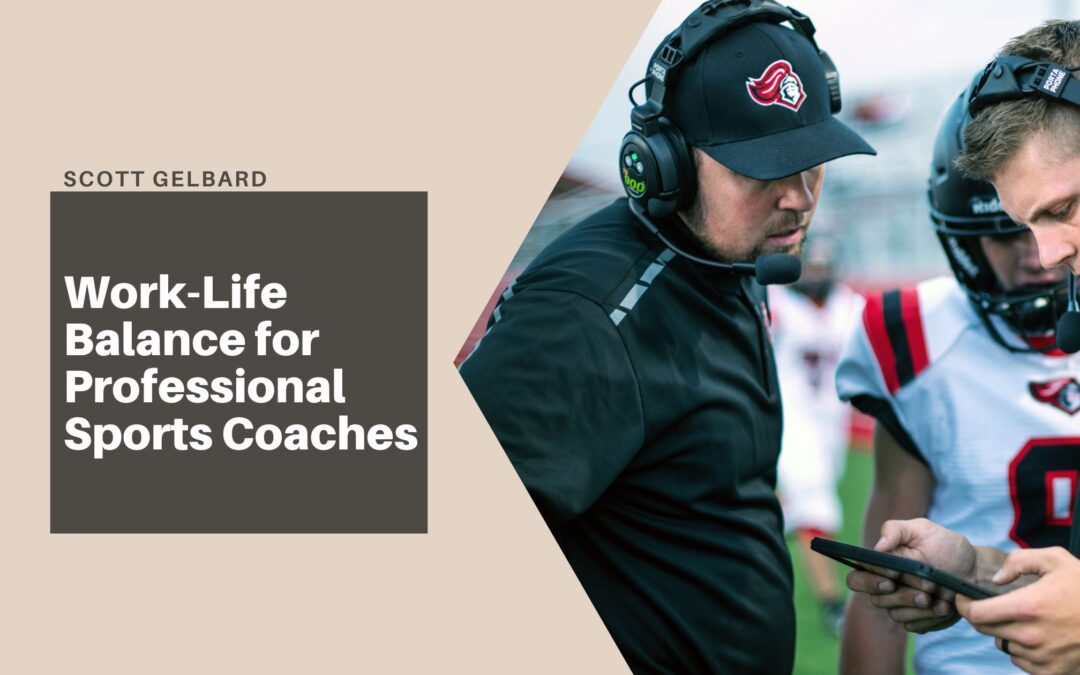Professional sports coaches face a unique set of challenges when it comes to work-life balance. Coaching at the highest level requires long hours, intense focus, and high dedication, often leaving little time for personal and family life.
Set Boundaries
Setting boundaries is essential for achieving work-life balance as a professional sports coach. This means defining your work hours, limiting your time on work-related activities, and making time for personal and family activities. Communicate your boundaries clearly with your team, staff, and family, and stick to them as much as possible.
Prioritize Self-Care
Self-care is essential in a high-stress profession like coaching. This means allowing time for exercise, healthy eating, adequate sleep, and engaging in activities that help you unwind and relax. Prioritizing self-care can help you maintain your energy and focus and improve your overall well-being.
Be Present in the Moment
Professional sports coaching can be all-consuming, with constant pressure to perform and achieve results. However, being present and focusing on the task at hand is essential. This can help you stay focused and engaged in your work while allowing you to be fully present in your personal life.
Delegate Tasks
Delegating tasks is essential for achieving work-life balance as a professional sports coach. This means identifying functions that can be trusted by other team members or support staff and empowering them to take on those responsibilities. Delegating tasks frees up time and energy while also developing the skills and capabilities of your team members.
Embrace Technology
As a professional sports coach, technology can be a powerful tool for achieving work-life balance. This means embracing tools and platforms that allow you to work remotely, communicate with your team and staff, and manage your schedule and tasks more efficiently. However, it’s essential to use technology to enhance your productivity and well-being rather than becoming a source of distraction or stress.
Make Time for Relationships
Maintaining relationships with family, friends, and loved ones is essential for achieving work-life balance as a professional sports coach. This means making time for social activities, spending quality time with loved ones, and engaging in activities that bring you contentment and fulfillment outside work. Prioritizing relationships can help you maintain balance, perspective, and overall well-being.
Practice Mindfulness
Mindfulness is a powerful tool for achieving work-life balance as a professional sports coach. This means cultivating awareness and focusing on the present. Mindfulness practices like meditation, deep breathing, and yoga can help reduce stress, improve focus, and enhance overall well-being.
Achieving work-life balance as a professional sports coach requires a combination of strategies, including setting boundaries, prioritizing self-care, being present, delegating tasks, embracing technology, making time for relationships, and practicing mindfulness. By prioritizing these strategies and balancing work and personal life, sports coaches can maintain their energy, focus, and well-being while achieving success on the field or court.

